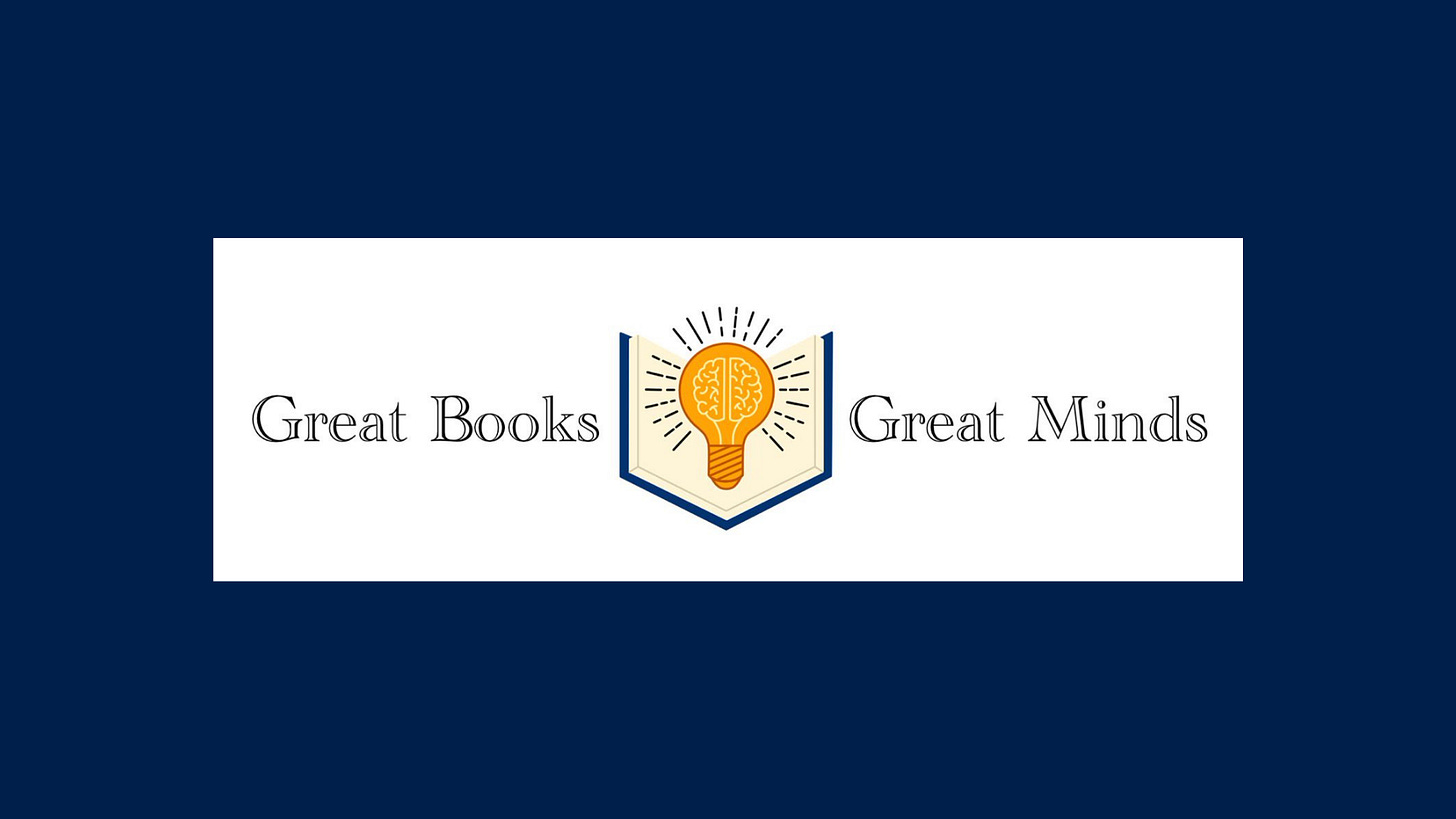Reading Into Today’s Growing Drug Addiction Crisis
How I’m Educating Myself and You Can Too
The year was 1993. His name is Dave and we were great friends. Amazing guy. Successful professionally. Someone I networked and hung out with when I first moved to Chicago.
So imagine my shock when one day he shared with the news that he was being treated for a drug addiction. For weeks after that, I was in shock and disbelief. I thought at the time, ‘how come I didn't pick up on this? What could I have done to be a better friend?’
Fortunately, he got help and turned his life around. He’s been married for years and seems to be doing well.
In my 30’s at that time, this was my first known experience with someone struggling with addiction. Today, it’s a theme has been front and center in my mind as I hear story after story about friends, neighbors, and acquaintances who are at all stages of addiction recovery. It’s so hard to witness the Sisyphean path of success interspersed with periods of crushing failure that those suffering from addiction have to endure.
Honestly, these scenarios are a bit hard for me to relate to given that my only addictive proclivities lie with Ohio State football, reading books, and dirty chai’s at local coffeehouses. Many people in fact are surprised to hear that I have never participated in any sort of drug exploration in my entire life. That’s right, never imbibed or smoked anything.
I’m not gonna lie —just sharing this makes me feel a bit square and out of touch in terms of what those who are or have struggled with addiction are going through. So I have vowed to better educate myself on this growing issue for my own knowledge and understanding.
As luck would have it, a woman by the name Rae Guyer randomly reached out to me via email recently. We had met in the past at a local Denver area Starbucks. She works in the mental health field and is a fierce advocate for new ways to view mental health and addiction
Rae says that the misinformation that often gets circulated about addiction is what fuels her passionate desire on a daily basis to educate. In her work, she strongly advocates for scientifically proven approaches to recovery support that embody compassion and a deeper understanding of the struggling loved one. This, she says, offers a much better chance of saving a life than the “tough love” mantra that has been espoused for years.
Just before my recent move to Las Vegas, we met and chatted at the Starbucks we originally crossed paths at. Among the books she brought along for our discussion was “Beyond Addiction: How Science and Kindness Help People Change.” She was kind enough to lend it to me and encourage me to read it.
A groundbreaking book published in 2014 by Jeffrey Foote, PhD, along with his co-authors, Carrie Wilkens, PhD, and Nicole Kosanke, PhD this book offers a compassionate and evidence-based approach to supporting individuals struggling with addiction.
The primary message of "Beyond Addiction" is that traditional methods of intervention and treatment for addiction often fall short. Given this, the authors propose a new paradigm that makes the case for science-backed strategies, coupled with compassion and kindness, as a more effective means of helping individuals overcome addiction.
What I love about the book is in how it challenges the prevalent belief that tough love and coercion are necessary to motivate change in addicts. Instead, it advocates for a shift towards a more empathetic and supportive approach that aligns with scientific research on addiction treatment.
One of the key components of the book's message is the concept of Community Reinforcement and Family Training (CRAFT). CRAFT is a scientifically validated approach that provides a roadmap for family members and loved ones to effectively support individuals struggling with addiction. It emphasizes the importance of positive reinforcement, effective communication, and self-care for both the individual and their support network.
In addition to CRAFT, "Beyond Addiction" delves into other evidence-based techniques and strategies such as motivational interviewing, harm reduction, and mindfulness. By incorporating these approaches, the book aims to empower families to play a pivotal role in their loved one's recovery journey, fostering an environment conducive to positive change.
"Beyond Addiction" also challenges the stigma surrounding addiction by highlighting the importance of treating individuals with dignity and respect. It emphasizes the need to view addiction as a complex brain disorder rather than a moral failing, promoting a compassionate understanding of the challenges faced by those struggling with addiction.
Overall, the main message of "Beyond Addiction" is that by combining scientific research, empathy, and kindness, individuals and their support systems can work together to facilitate lasting change and recovery from addiction. The book provides practical tools, guidance, and hope for both those directly affected by addiction and those seeking to support their loved ones on the path to recovery.
Added Bonus: I highly recommend fellow Substack Dana Leigh Lions and her highly informative digital newsletter “Sober Soulful” for a much more in-depth look at this topic.
An Invitation From Diamond-Michael Scott:
“Great Books, Great Minds” is my full-time work and life passion, a labor of love fueled by the endless hours of work I put into researching and writing these feature pieces. So if you enjoy this digital newsletter, find it valuable, and savor world-class book experiences featuring epic authors and book evangelists, then please consider becoming a paid supporting member at $6.00 a month or $60.00/year.







Good stuff. I'm for any efforts to eliminate stigma and reframe addiction so that those of us who are blessed/burdened with it can get real help with fewer barriers inherent to harmful societal norms.
I will say, however, that the twelve steps of alcoholics anonymous (and the fellowship and sponsorship) have afforded me the transformation - the psychic change, if you will - required for living sober. It'll be 12 years in December. While I do believe there is a need for reframing norms even within the various anonymous fellowship(s) due to the pervasive influence of harmful societal norms such patriarchy, victim-blaming, and white supremacy to name a few, I also do not want the 12 steps of alcoholics anonymous to lose their place in the broader formula for recovery.
Lastly, for those who simply can not or will not understand why/how addiction can be such an all-consuming and destructive force in a person's life, I will offer something I've heard which resonates as a profound truth. It is this: "Most people take [the first] drug or a drink and they get high or they get a buzz. Addicts take [the first] drug or a drink and they go to heaven." You can do with that what you will.
Thank you.
You're such a great writer -- thank you for sharing this from your personal perspective and beyond.